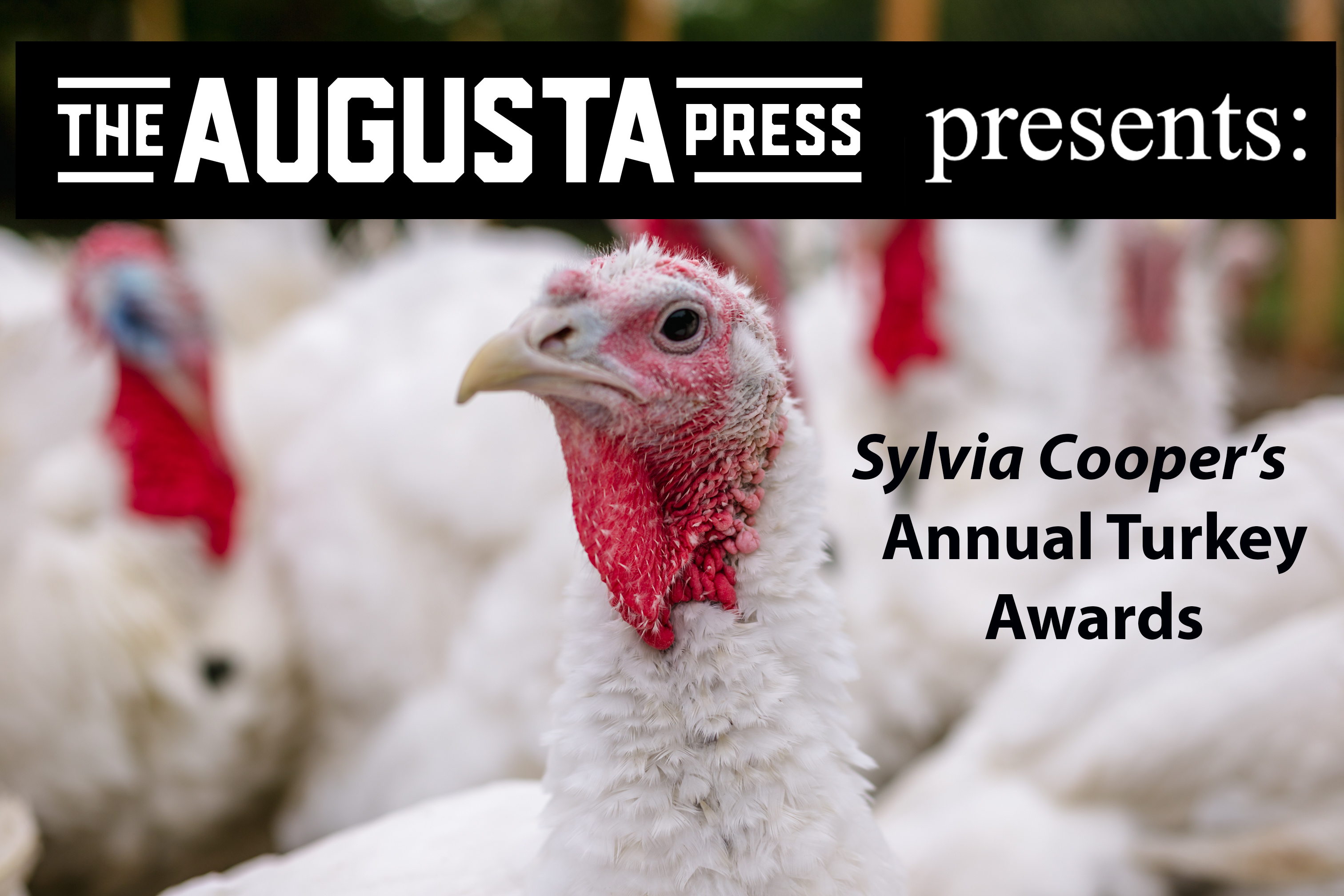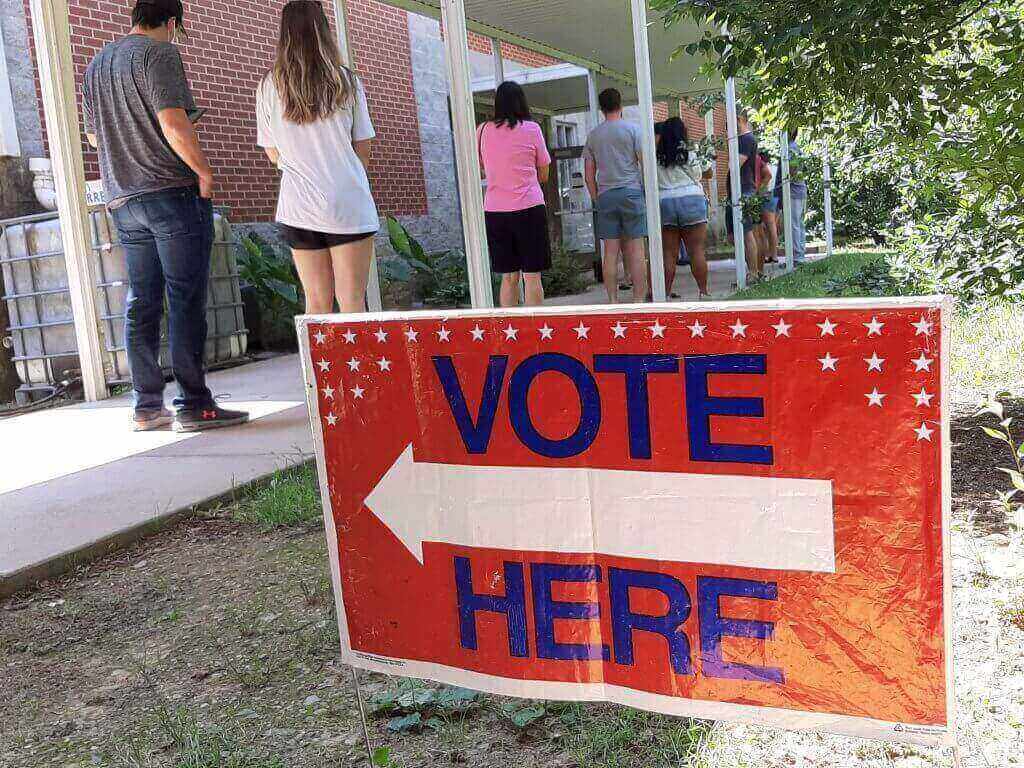The Richmond County Board of Elections will meet Monday Nov. 21 to discuss opening the polls for early voting on Saturday, Nov. 26, two days after the Thanksgiving holiday.
A recent ruling by a Georgia Superior Court justice has overruled what was thought to be a state law barring early voting on Nov. 26. The justice found that it is not the day after a state holiday and therefore is an eligible voting day.
This is just a few days prior to the Dec. 6 runoff election between Incumbent Senator Raphael Warnock and challenger Hershel Walker for U.S. Senate.
A state law passed in 2016 forbids early voting on the day after a state holiday. Meanwhile, a 2121 revision to early voting law set the mandatory early voting period for the runoff to be five days from Nov. 28 through Dec. 2.

Local election officials had interpreted the combined two laws to cut out any Saturday voting in the upcoming runoff.
In an email exchange between Richmond County Elections Board Executive Director Travis Doss and District 1 Commissioner Jordan Johnson, Doss tried to explain the process in terms of the December date.
“There will be no Saturday voting on December 3rd due to state law. There is no Saturday voting on the weekend before since we need that time to prepare the voter data for Election Day. The last day to advance vote is Friday, December 2, 2022,” Doss wrote.
A recent ruling by the Fulton County Superior Court allows for polls to be closed on Dec. 3.
However, the ruling by Judge Thomas A. Cox Jr., of Fulton County Superior Court, puts Saturday Nov. 26 back on the table because, technically, the Nov. 25 is no longer considered a state holiday.
Some national commentators, such as Joy Reid of MSNBC, erroneously claimed that Nov. 25 was a Georgia state holiday that commemorates the birthday of Confederate General Robert E. Lee.
According to the Atlanta Journal and Constitution, the holiday was nixed in 2015 by then-Gov. Nathan Deal; however, the date remains a day off for state employees so they might enjoy a long Thanksgiving weekend.
The lawsuit, filed on behalf of the Democratic Party of Georgia, the Democratic Senatorial Campaign Committee and Warnock for Georgia stated that the voting law passed in 2016 “guarantees early voting on specific weekend days for primary and general elections and imposes conditions on that mandate, neither of which apply to runoffs.”
Judge Cox agreed and stated that no language in any current law forbids voting on Nov. 26.
Cox’s ruling maintained that in the absence of an actual holiday, a state employee day off “does not specifically prohibit counties from conducting advanced voting on Saturday, November 26, 2022, for a runoff election.”
Secretary of State Brad Raffensperger (R) has vowed to appeal the decision.
“We disagree with the court’s order and look forward to a prompt appeal,” Raffensperger said in a statement released by his office.
Barring any last minute stays, it is now up to the individual counties across Georgia to determine if Nov. 26 will be a day open for early voting.
Officials in Columbia County have released no statements indicating any possible change to that county’s voting calendar.











